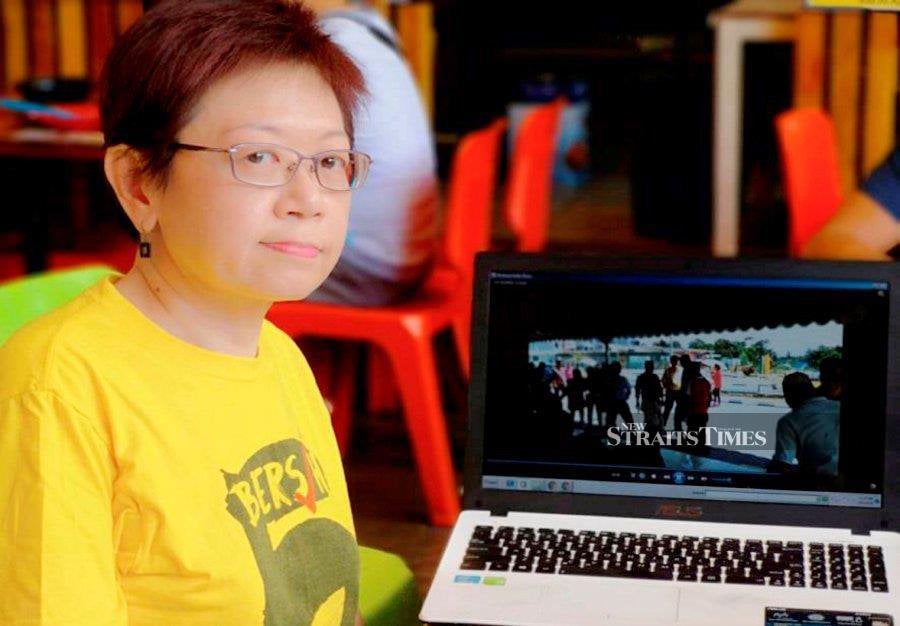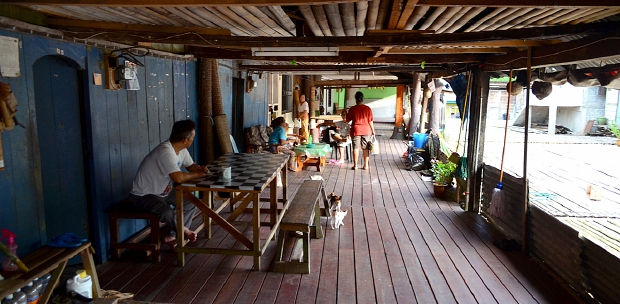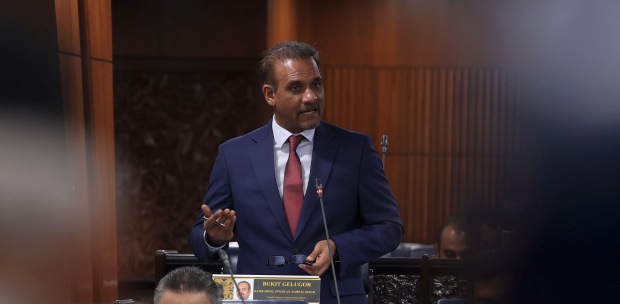KUCHING: Longhouse and community chiefs should be free to vote for whoever they desire to be their representative despite receiving allowances from the government.
Bersih Sarawak Chairman Ann Teo said they should be receiving their allowances as long as they serve their community.
She said local leaders should not be subjected to threats of stripping them off their posts or some other reprisals.
"Just like civil servants who are free to vote for who they want despite the fact that they are receiving salaries from the government," she said.
Teo was responding to the state Assistant Minister II of Education, Innovation and Talent Development Francis Harden's recent remark that it was awkward and absurd for longhouse chiefs who opposed the ruling coalition to receive allowances or salaries from the government.
She said the appointment of longhouse chiefs or headmen and community chiefs in Sarawak is under the Community Chiefs and Headmen Ordinance 2004, where they are supposed to serve their respective community first and foremost, as well as to settle disputes and manage the affairs of their respective community in general and were responsible for their welfare.
"By this Ordinance too, they become mere public servants, receiving allowances from the government to serve the government of the day.
"Thus, local leaders should be free to choose not to vote for the incumbent (including those from the Gabungan Parti Sarawak government) if he or she has not served them well or have differing views on issues deemed important to them," she said in a statement.
Teo said there have been past reports of assemblymen asking these leaders to quit if they do not support the government of the day.
During elections, she said the longhouse and community chiefs would be expected to do the bidding of the party in government or its candidate.
"As they are in charge at the village level, they can wield great power and influence and have been known to stop campaigners of other non-government parties or candidates. This is unacceptable given the fact they are prohibited to hold political party positions as stated under the Ordinance.
"Perhaps, it is time to return to village level elections by the people, rather than by appointment so elected village chiefs will be free from such unwarranted coercion and hegemony," she added.
Meanwhile, Bandar Kuching member of Parliament (MP) Dr Kelvin Yii said it was sad that such toxic and oppressive political cultures have been plaguing Sarawak all these years where the state government uses their position to instil fear and control over the people, especially in the rural areas even when they have been left behind all these years, even in most basic infrastructures.
"This is not only against the spirit of democracy, but also an insult to the important roles of the longhouse chiefs who represent the interests and welfare of their people, and should not be beholden to any government or even political party.
"Their salary should not be used as ransom to control them as such funds are derived from taxpayers funds, not money from any political party," he said, adding the people, including local leaders should not be punished for their choice of vote.
Dr Yii urged the people to reject such "old politics" and demand for reforms including equal allocations and more importantly a proper election among the villagers for their longhouse chiefs and community leaders.
"Otherwise, when community leaders are politically appointed, politicians think they own them and have control (on who they vote) and this must change," he stressed.






